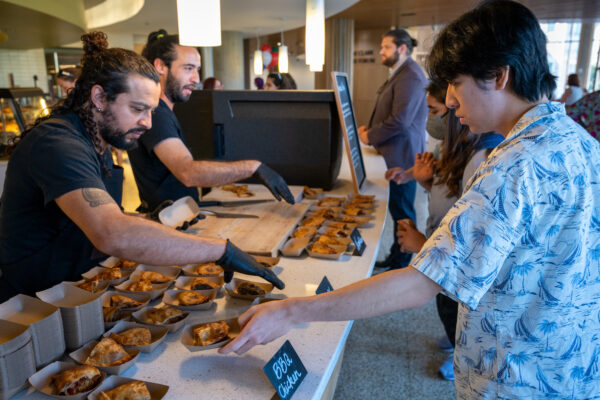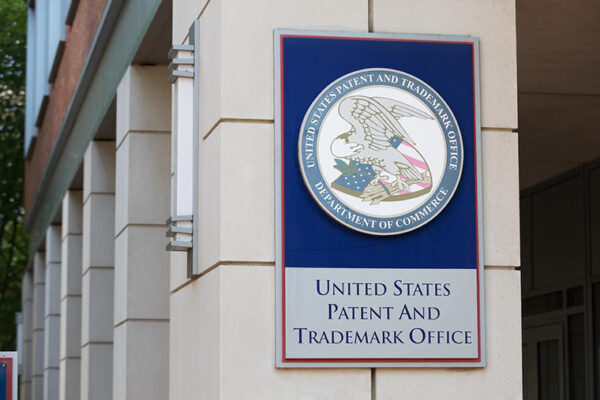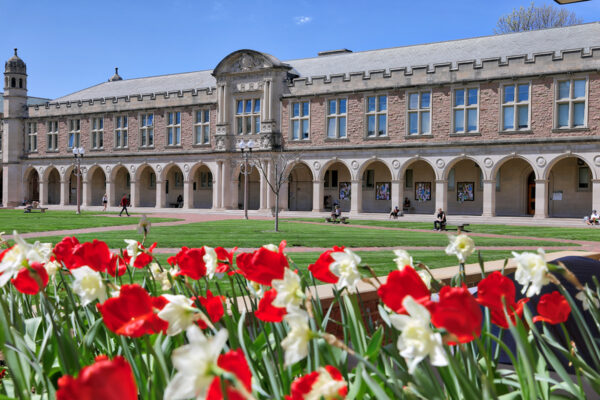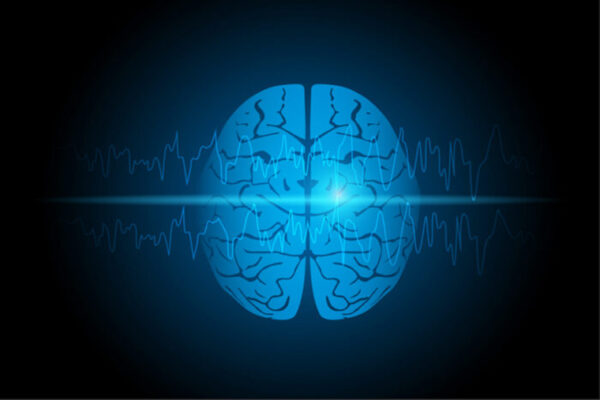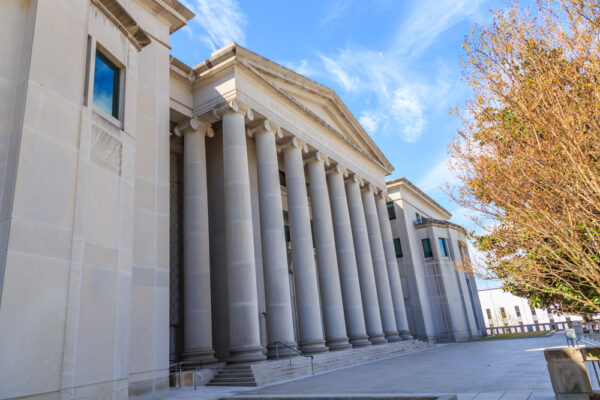‘The Souls of the Game’
Gerald Early, the Merle Kling Professor of Modern Letters in Arts & Sciences, is one of five curatorial consultants working with the National Baseball Hall of Fame and Museum in Cooperstown to organize “The Souls of the Game: Voices of Black Baseball.” The new exhibit will open May 25.
WashU’s economic impact totals $8.8 billion
Washington University in St. Louis continues to play a vital role in the local economy, providing jobs, supporting local businesses and drawing millions in research dollars to the region. During fiscal year 2023, the university’s direct and indirect contributions to the St. Louis economy were $8.8 billion. WashU also supported 54,380 jobs in the region.
The power of persistence: Bridging the gender gap in patent applications
A recent study by Oren Reshef at Olin Business School finds that women are less likely than men to continue pursuing a patent after an initial rejection.
Student participation sought for sexual misconduct survey
All degree-seeking WashU students are encouraged to participate in a new survey about the campus climate.
Efficient lithium-air battery under development to speed electrification of transit
With $1.5 million from the U.S. Department of Energy, a collaborative team of researchers led by the McKelvey School of Engineering is working toward creating efficient and reliable batteries for transportation use.
Neurons help flush waste out of brain during sleep
Scientists at Washington University School of Medicine in St. Louis have found that brain waves help flush waste out of the brain during sleep. The findings could lead to new approaches for treating Alzheimer’s disease and other neurological conditions.
Alabama embryo ruling ‘shocking’
The Alabama Supreme Court’s recent decision that frozen embryos are “extrauterine children” will have far-reaching implications in the state and beyond, said an expert on family law and reproductive justice at Washington University in St. Louis.
Washington University joins NIH cancer screening clinical trials network
Washington University School of Medicine in St. Louis is one of seven U.S. institutions joining a new national clinical trials network launched by the National Cancer Institute, part of the National Institutes of Health (NIH), to investigate emerging technologies for cancer screening, with the goal of reducing cancer-related illnesses and deaths.
Want to encourage allyship? Highlight its appreciation, research shows
New research by Hannah Birnbaum at Olin Business School finds that one reason why more people in advantaged groups — particularly men and white people — do not engage in acts of allyship is because they underestimate how their actions will be appreciated by members of disadvantaged groups.
Birth outcomes improve in states that extend driver’s licenses to undocumented immigrants, research finds
A new study by Margot Moinester in Arts & Sciences is among the first to find positive health benefits associated with inclusive immigration policies — a sharp contrast to the harmful effects of restrictive policies.
View More Stories

